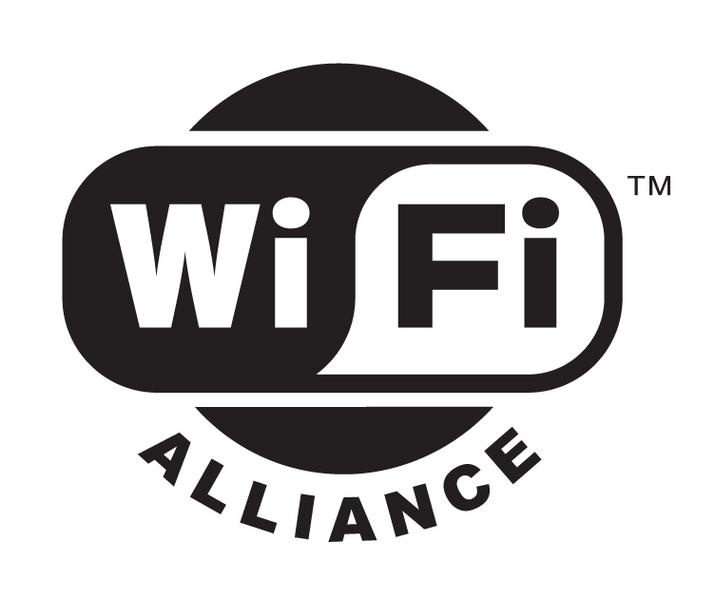802.11n begins final certification
First products to carry the new certification badge expected to appear within the next month.

The Wi-Fi Alliance has begun testing wireless LAN hardware based on the draft 802.11n specification ahead of the launch next month of the first products to carry the new certification badge.
The industry-sponsored organisation said last year that it would begin testing 802.11n devices in the first half of this year, despite the fact the IEEE was not expected to approve the final standard until January 2008. That date has since slipped to July 2008 with the publication of the Draft 2.0 specification, which is not expected to materially change ahead of final ratification.
The Wi-Fi Alliance will test 802.11n draft 2.0 devices for industry-wide interoperability, security protection, and backward compatibility with previous generations of Wi-Fi equipment. It is certainly timely. Intel has just released its new Santa Rosa notebook platform with integrated support for 802.11n - and that is certain to accelerate adoption of the technology. Apple has provided 802.11n support in both desktop and laptop machines for some time and both its AirPort Extreme network hub and Apple TV are 802.11n-enabled. Router manufacturers such as Netgear and Linksys have similarly been ahead of the game.
'Wi-Fi Certified 802.11n is a game-changing milestone for Wi-Fi technology that enables the truly networked home,' said Wi-Fi Alliance managing director Frank Hanzlik. 'With the advancements of 802.11n, Wi-Fi is the very best technology to connect computing, communication and entertainment devices. It can enable the entire family to access exciting content throughout the home, while further extending the key productivity advantages of Wi-Fi in the business setting.'
The Alliance has published an online buying guide - - and provides a search tool for certified products at wi-fi.org.
The benefit of 802.11n is the increased data throughput it offers - up to a theoretical maximum of 540Mbit/sec - though in reality it is expected to perform closer to five rather than 10 times faster than 802.11g. It also provides up to twice the range of 802.11b/g installations.
Get the ITPro daily newsletter
Sign up today and you will receive a free copy of our Future Focus 2025 report - the leading guidance on AI, cybersecurity and other IT challenges as per 700+ senior executives

